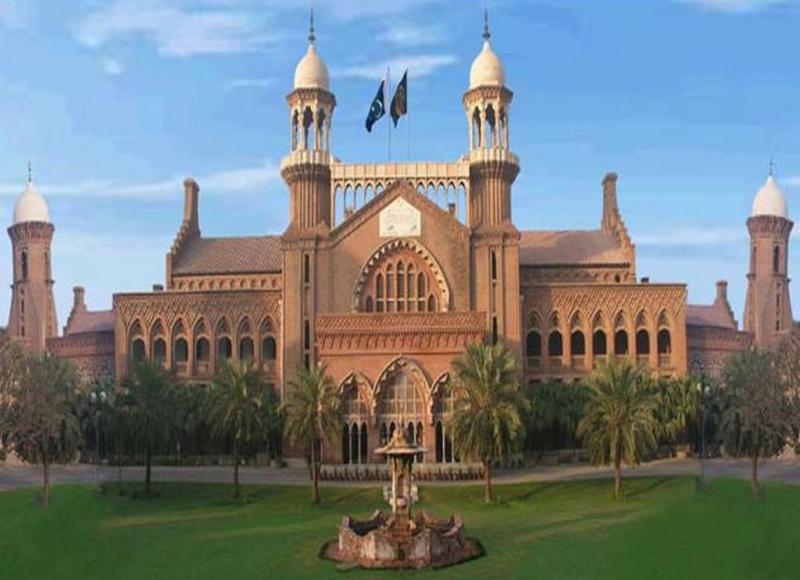A recent challenge to the newly enacted defamation law in Punjab has been lodged in the Lahore High Court through a joint petition by the Association of Electronic Media Editors and News Directors (AEMEND) along with the Pakistan Federal Union of Journalists (PFUJ).
In this petition, the Punjab government, represented by the chief secretary and other officials, is named as respondents. The petitioners argue that the defamation law, passed by the Punjab government, violates the Constitution. They contend that the government’s enactment of the defamation law contradicts constitutional provisions.
AEMEND and PFUJ express concerns that the defamation law could be abused for political motives, particularly to target journalists and restrict freedom of expression. They fear it could become a means for political retaliation against press members, thus hindering their ability to report independently and critically on government affairs.
The petitioners urge the Lahore High Court to invalidate the defamation law, stressing that it goes against constitutional guarantees of free speech and press freedom. They highlight the potential chilling effect such a law could have on journalism in Punjab, dampening dissent and critical reporting.
Recently, the Lahore High Court was scheduled to review another challenge to the defamation law, with the Punjab government, chief minister, and governor listed as respondents. In that separate petition, an individual argued that the law was unconstitutional and urged the court to declare it null and void. Additionally, they requested an immediate halt to its implementation until a final decision is reached. The defamation bill, passed by the Punjab Assembly, had been awaiting the governor’s signature for several days.










